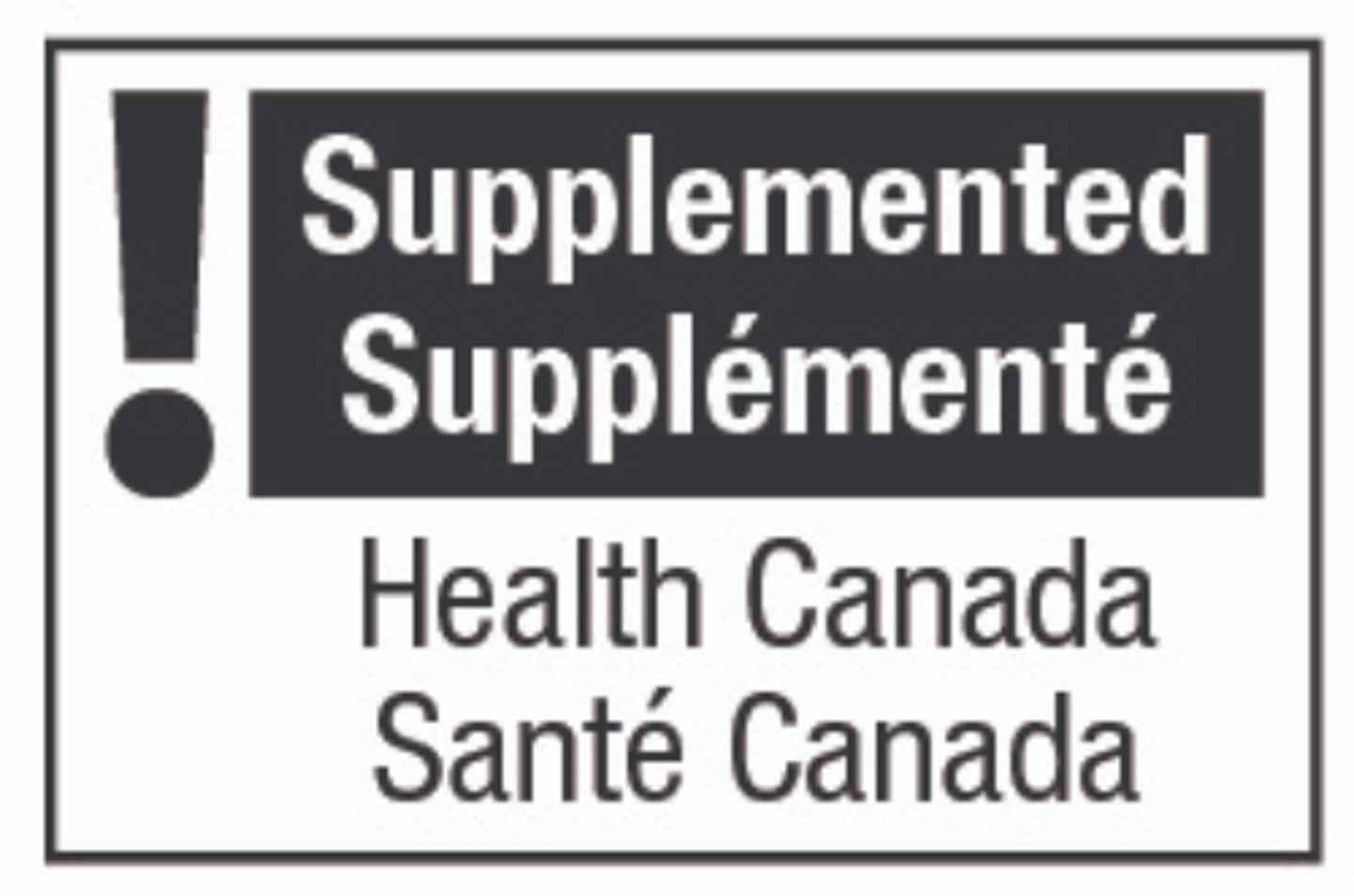Proposed regulations for caffeinated energy drinks miss the mark
On June 26th, Health Canada released new and anxiously awaited draft regulations on caffeinated energy drinks (CEDs) and Supplemented Foods (SFs). The proposed changes to the regulations governing these products would lead to confusion for consumers and make it more difficult for the beverage industry to do business in Canada. These rules are inconsistent with any other rules governing food, beverages or health-care products in the country. The proposed regulations appear to deviate from regulatory norms of Canada’s trading partners, which may have trade implications down the road. Furthermore, the changes would create a stigma around beverages that Canadians have purchased and safely consumed for years, and limit consumers’ ability to make informed choices based on accurate, consistent labelling information backed by scientific research.
Concern about the proposed regulations can be broken down into several areas and have implications both on consumers looking to purchase CEDs/SFs and on convenience stores selling these products.
1. Supplemented Food Caution Identifier
Health Canada’s proposal includes a mandate for a special “Supplemented Food Caution Identifier” (SFCI) – an exclamation mark in stark black and white - on the front of pack of SF and CED products.
Virtually all SF and CED products currently in the Canadian market already carry various advisory statements as stipulated by Health Canada. Labelling products with a symbol similar to the one above holds the weight of labelling a product with an intimidating cautionary warning, which can be quite alarming to consumers and has the potential to decrease consumption of a product that is perfectly safe to consume those who have been purchasing these products for years may inaccurately assume that there has recently been a reformulation of the product that makes it dangerous to consume.
Data indicates that 59% of all energy drink sales worldwide take place in convenience stores. This regulation could result in decreased sales due to confusion in the beverage aisle. Some smaller brands may choose to eliminate their CED/SF products altogether, which could narrow the market and consumer options even further.
2. Restrictions on product and marketing claims
The regulations prohibit CEDs/SFs from making any claims about the effects of the supplemental ingredient within the beverage. This effectively means that these products will have a warning label with no indication of why that warning label was triggered. This restriction on legitimate, fact-based product claims will unfairly allow other conventional foods, that do not fall under this prohibition, to market, advertise and make claims.
For example, cola with caffeine slightly over 150ppm would be classified as an energy drink, have a warning symbol on the packaging front, a Supplemented Food Facts Table on the back, and the caution statement “Not recommended for those under 14 years old”; yet cola with added caffeine just below 150ppm would still be labelled as a food with a Nutrition Facts table. This will only add to consumer confusion and wariness about products that are completely safe for consumption in moderation, which will likely pull markets down.
3. Product implications
Health Canada has also unexpectedly proposed to lower the maximum allowance for caffeine in colas to 150 parts per million (ppm) from the current maximum of 200 ppm. This would force some products currently categorized as colas to be recategorized as Caffeinated Energy Drinks, which would again cause consumer confusion.
Over the years, industry and government have worked hard to establish stable regulations and standards based on scientific evidence, to best protect consumers. With the new proposed regulations, consumer confusion and distrust in safe products is risked. The draft regulation, if imposed as is, will alter beverage production, retail success, and consumption trends.
Your opinion counts. If you feel Health Canada should be pursuing based in scientific reason, Health Canada is accepting comments and feedback on the proposed regulations until August 25th.








